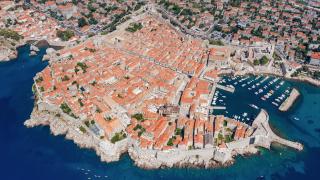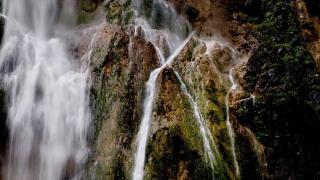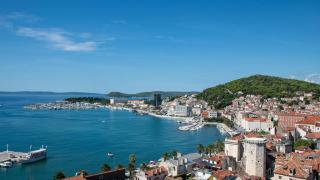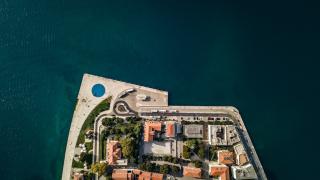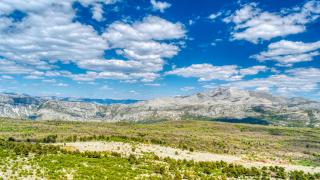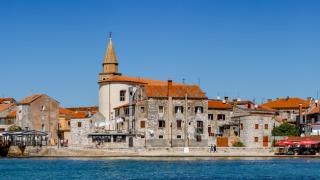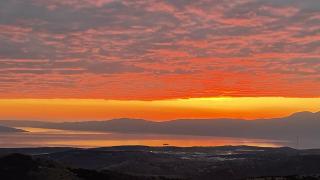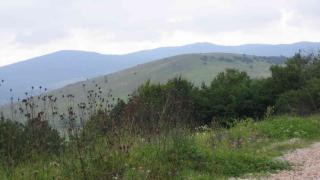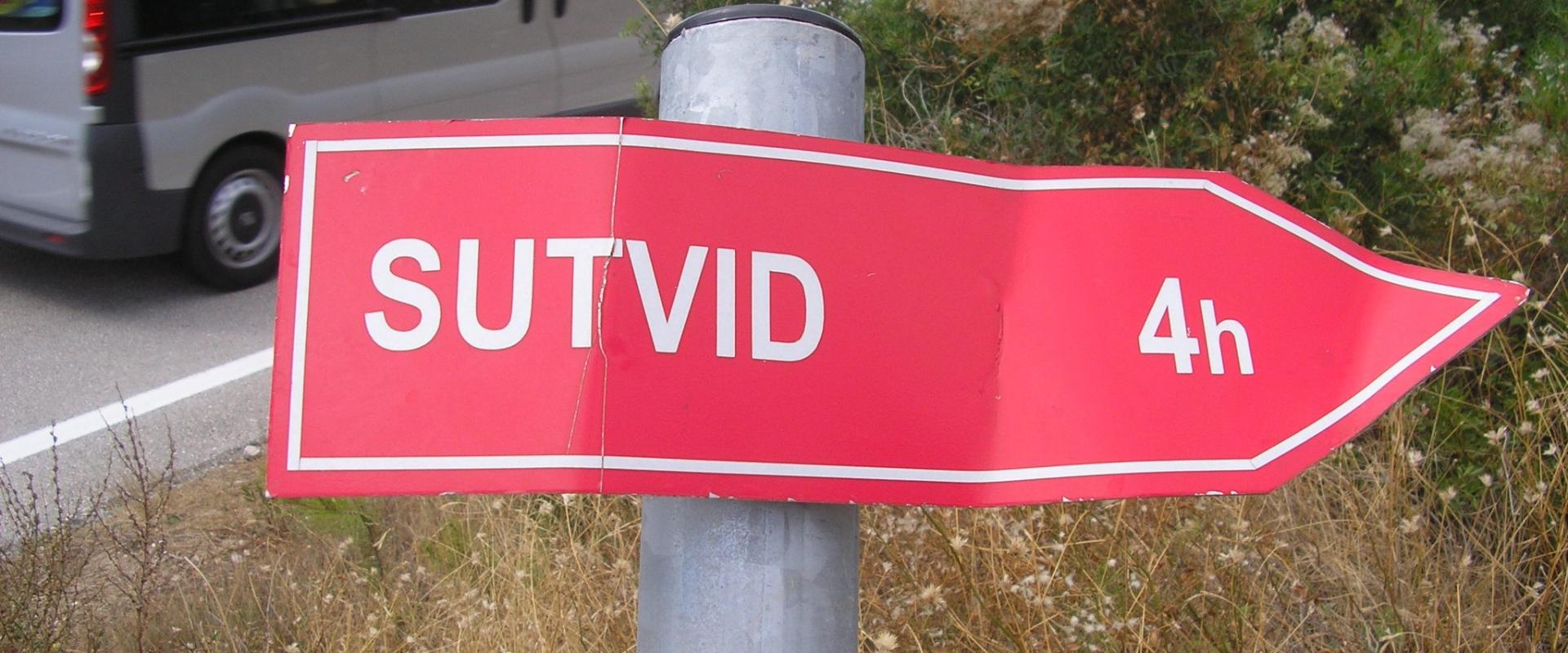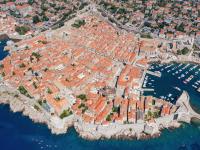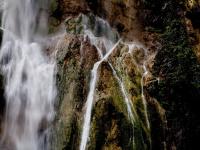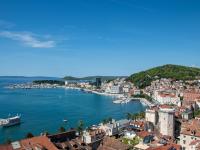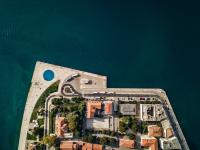Introduction
Croatian cultural activities offer visitors immersive experiences in centuries-old traditions and modern artistic expressions. Local festivals, traditional music performances, and hands-on craft workshops occur year-round across the country's regions.
Visitors can participate in:
- Traditional folk dance lessons (2-3 hours, from €30)
- Cooking classes featuring Dalmatian and Istrian cuisine (4 hours, €50-80)
- Wine tasting tours in family-owned vineyards (half-day experiences, €40-100)
- Religious festival celebrations in historic towns
- Artisan workshops for traditional crafts like lacemaking
Most cultural activities require advance booking, especially during peak season (June-September). Local tourist offices in major towns provide updated schedules and booking assistance. Many experiences include English-speaking guides and transportation from central locations.
Participants should expect authentic interactions with local communities and hands-on involvement in Croatian traditions.
Traditional Festivals
Croatia's festival calendar features vibrant celebrations that showcase local customs and traditions throughout the year:
Major Religious Festivals
- Easter (March/April): Traditional egg painting (pisanice) and blessing of food baskets
- Christmas (December): Badnjak celebrations with special bread making and carol singing
- St. Nicholas Day (December 6): Children receive gifts and participate in community processions
Seasonal Celebrations
- Carnival Season (February): Masked parades and street performances in Rijeka and Zagreb
- Summer Festival of Dalmatia (July-August): Traditional klapa singing performances in coastal towns
- Harvest Festivals (September-October): Wine celebrations and folk dancing in continental regions
Regional Festival Highlights
- Split Summer Festival: Open-air performances in Diocletian's Palace (July-August, tickets €15-45)
- Zagreb Advent: Christmas markets and cultural performances (December, free entry)
- Dubrovnik Summer Festival: Theater and music events (July-August, tickets €20-60)
Participation Tips
- Book festival tickets 2-3 months in advance for popular events
- Many town squares host free cultural performances during summer evenings
- Local tourist offices provide festival calendars and participation guidelines
- Traditional costume rentals available in major cities (€30-50 per day)
Arts and Crafts
Croatian artisans preserve traditional handicrafts through workshops and local markets across the country. Visitors can experience hands-on creation of:
Traditional Handicrafts
- Lace-making in Pag and Lepoglava (€30-50 per workshop)
- Glagolitic script calligraphy classes in Zagreb (€25 per session)
- Pottery workshops in Veli Lošinj (€40 for 2-hour session)
- Traditional weaving demonstrations in Split (€35 per person)
Where to Find Authentic Crafts
- Dolac Market, Zagreb - Daily craft stalls featuring local artisans
- Gundulićeva Poljana Market, Dubrovnik - Traditional crafts every morning
- Croatian Arts and Crafts Fair (April-September) - Rotating locations
Active Artisan Communities
- Ethno Art Gallery, Split - Working artists' studios
- Grič Artisan Quarter, Zagreb - 15+ traditional craftspeople
- Rovinj Artists' Street - Open studios and demonstrations
Contemporary Art Spaces
- Museum of Contemporary Art, Zagreb - Rotating craft exhibitions
- Croatian Association of Artists Gallery - Local artisan showcases
- Design District Zagreb - Modern craft workshops
Workshop Opportunities
- Weekly beginner sessions available in major cities
- Multi-day intensive courses (€150-300)
- Private tutorials with master craftspeople (€60-100 per hour)
- Group demonstrations with English translation
Culinary Experiences
Croatian cuisine comes alive through hands-on cultural activities across the country's diverse regions:
Cooking Classes
- Traditional Dalmatian cooking in Split (3-4 hours, €65-85 per person)
- Zagreb market-to-table workshops include morning market visits (4 hours, €75)
- Island cooking experiences on Hvar focus on seafood preparation (€90, includes wine)
Food Festivals
- Truffle Days in Istria (October-November)
- Mali Ston Oyster Festival (March)
- Zagreb Food Film Festival (September)
Wine Tasting Tours
- Pelješac Peninsula wine routes feature local Plavac Mali (€45-60, half-day tours)
- Istrian wine roads explore Malvazija and Teran varieties (€80 full-day experience)
- Island wine tours on Korčula include traditional konoba visits (€55)
Traditional Restaurant Experiences
- Konoba dining in Dalmatia features peka preparation demonstrations
- Family-run agriturizams offer farm-to-table meals (€25-35 per person)
- Mountain lodge cooking in Gorski Kotar (seasonal availability)
Market Visits
- Dolac Market Zagreb guided tours (morning only, €30)
- Split fish market experiences (6-8 AM, best in summer)
- Pula market cooking ingredients tour (€25, includes tastings)
Historical Tours
Guided cultural tours provide deep insights into Croatia's heritage sites and archaeological treasures:
UNESCO World Heritage Sites Tours
- Diocletian's Palace Walking Tour, Split (2 hours, €30)
- Dubrovnik City Walls Tour with certified guide (3 hours, €45)
- Plitvice Lakes Cultural Heritage Tour (6 hours, €75)
Archaeological Site Visits
- Salona Roman Ruins guided experience (2.5 hours, €40)
- Pula Arena Roman amphitheater tour (1.5 hours, €25)
- Zadar Roman Forum walking tour (2 hours, €35)
Museum Experiences
- Museum of Croatian Archaeological Monuments, Split (€8 entry)
- Zagreb City Museum guided tour (1.5 hours, €12)
- Museum of Arts and Crafts workshop participation (2 hours, €30)
Local Guide Recommendations
- Book certified guides through tourist offices or museums
- Small group tours limited to 12 participants
- Morning tours recommended (cooler temperatures, fewer crowds)
- Advanced booking required for specialized archaeological tours
Practical Tips
- Wear comfortable walking shoes for cobblestone streets
- Bring water and sun protection
- Photography permits required at some archaeological sites (€5-10)
- Most tours operate year-round with reduced winter schedules
Practical Tips
Booking and Timing
- Book cultural workshops at least 2-3 weeks in advance during peak season (July-August)
- Most cultural activities run April-October, with reduced schedules in winter
- Morning sessions typically offer smaller groups and better attention from instructors
Cultural Etiquette
- Dress modestly when visiting religious sites (covered shoulders and knees)
- Photography may be restricted during certain ceremonies and performances
- Remove shoes before entering traditional homes for cooking classes
Language Considerations
- Basic Croatian greetings are appreciated but not required
- English-speaking guides available for most cultural activities
- Audio guides offered in multiple languages at major heritage sites
Cost Planning
- Cultural workshop prices range €30-100 per person
- Group discounts available for 4+ participants
- Heritage site entrance fees typically €8-15
- Many town festivals offer free admission
Practical Notes
- Bring cash for local artisan markets and village activities
- Wear comfortable shoes for walking tours (2-3 hours average)
- Book indoor activities for July-August afternoons to avoid peak heat
Conclusion
Croatia's diverse cultural activities provide authentic ways to experience local traditions and customs firsthand. From hands-on craft workshops to culinary experiences, visitors can engage directly with Croatian heritage.
Key Activity Recommendations:
- Combine multiple activities for deeper cultural immersion (e.g., morning cooking class + evening folk performance)
- Join smaller group tours (8-12 people) for more personal cultural interactions
- Visit local cultural centers for current workshop schedules and festival dates
- Participate in seasonal activities like olive harvesting or wine making
Additional Resources:
- Local tourist offices provide monthly cultural event calendars
- Cultural heritage museums offer guided workshop programs
- Community centers host regular traditional music and dance sessions
Exploring Croatian cultural activities enriches travel experiences beyond standard sightseeing, creating meaningful connections with local traditions and communities.
